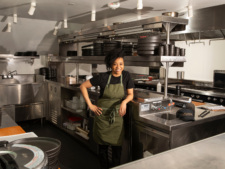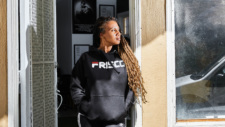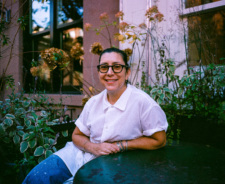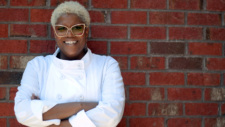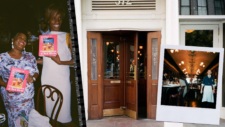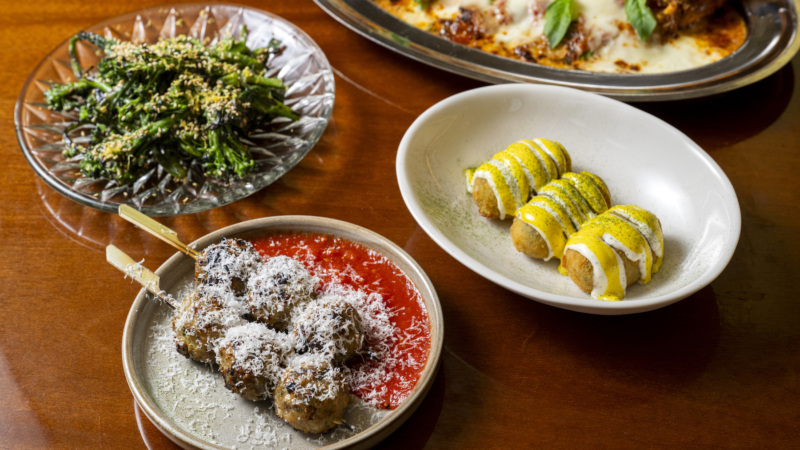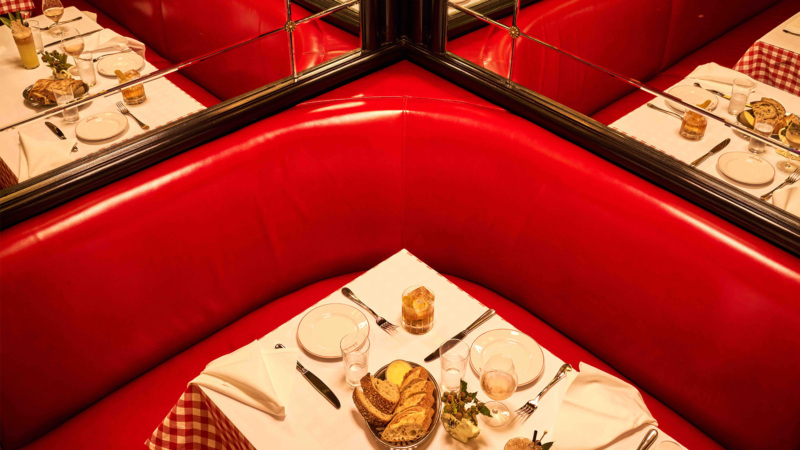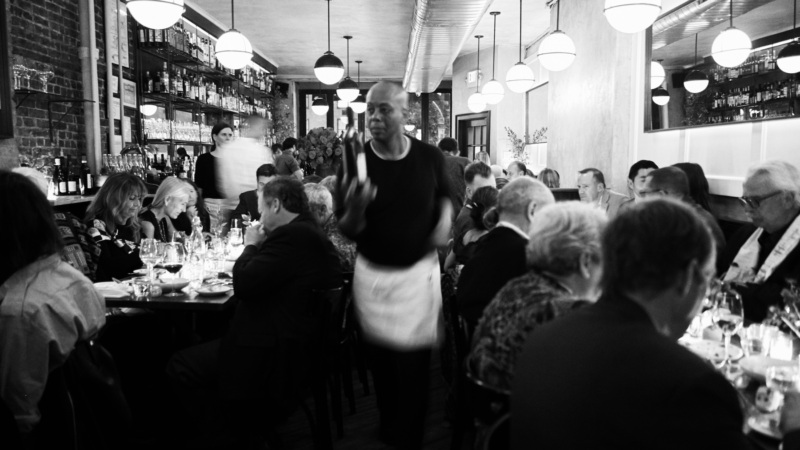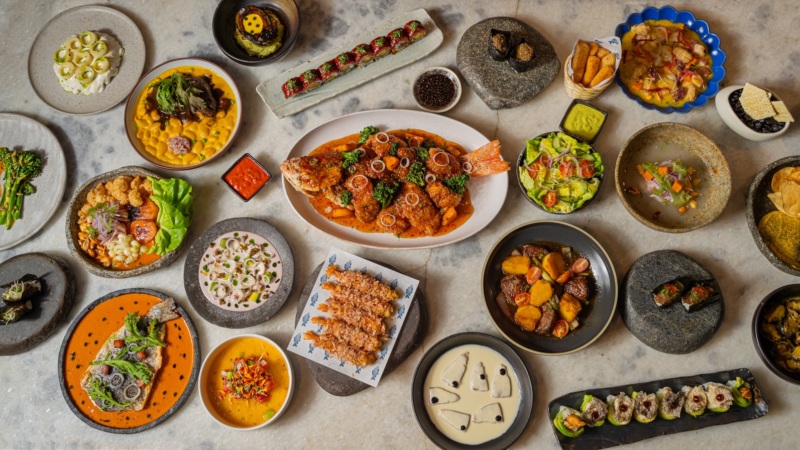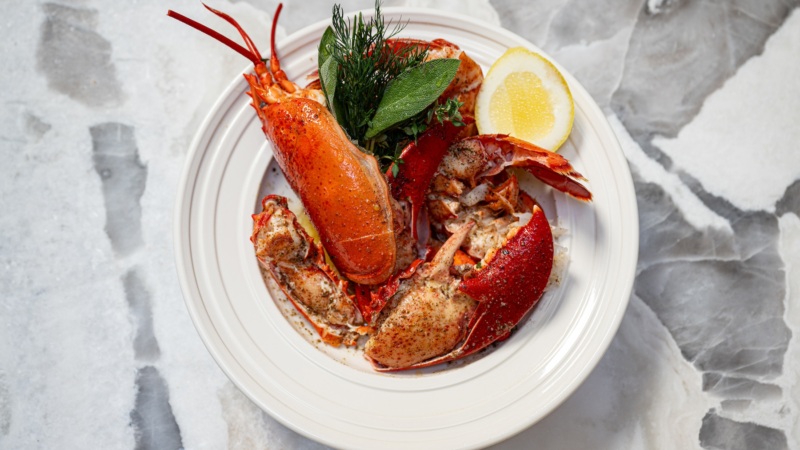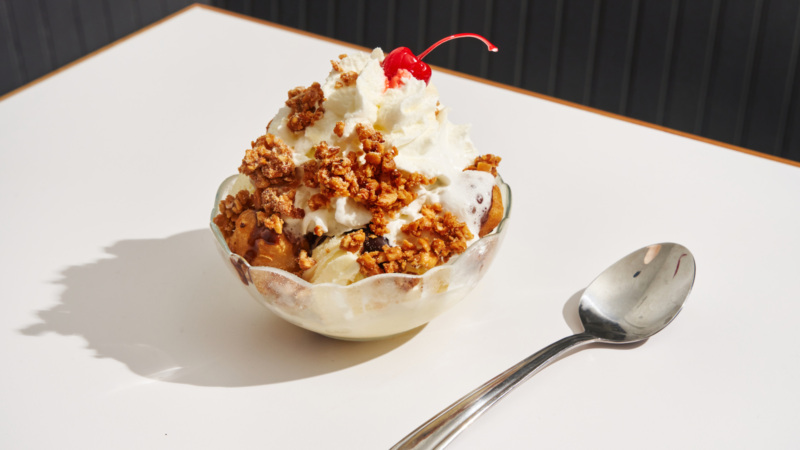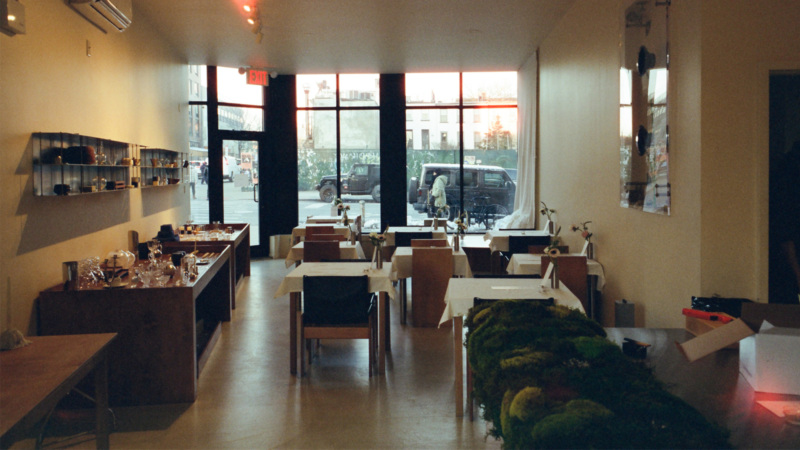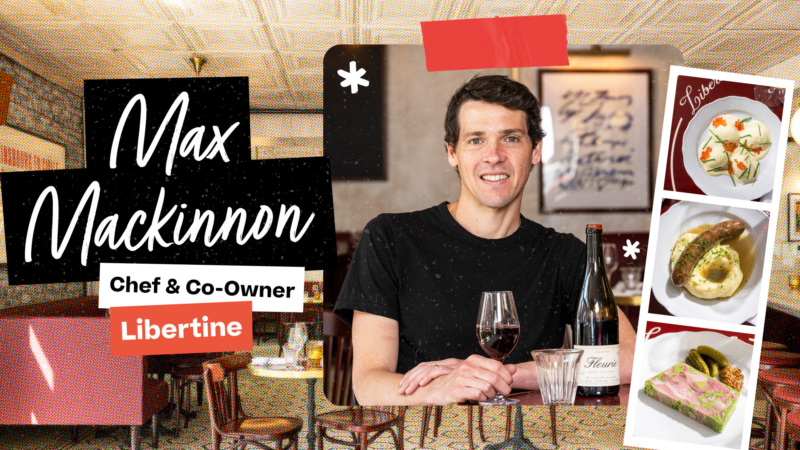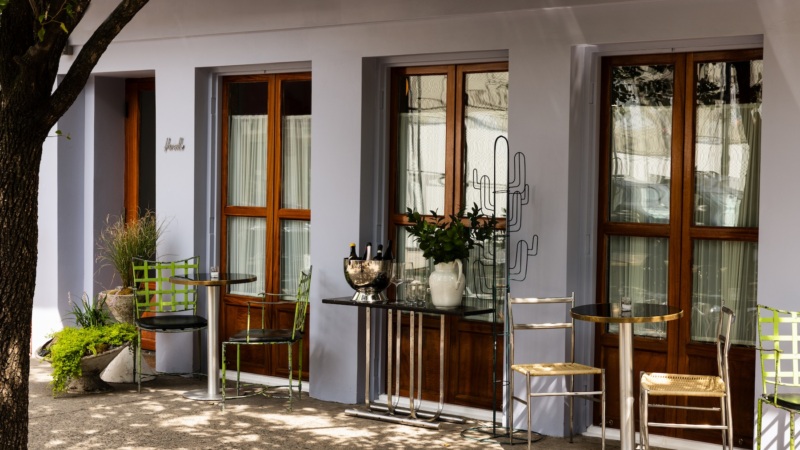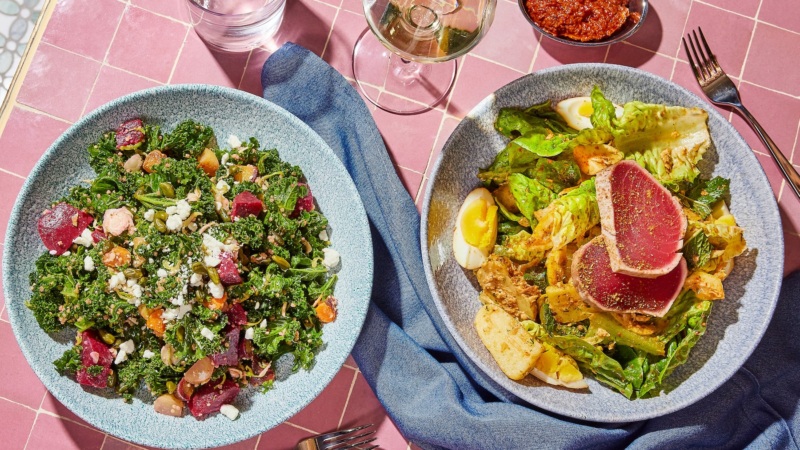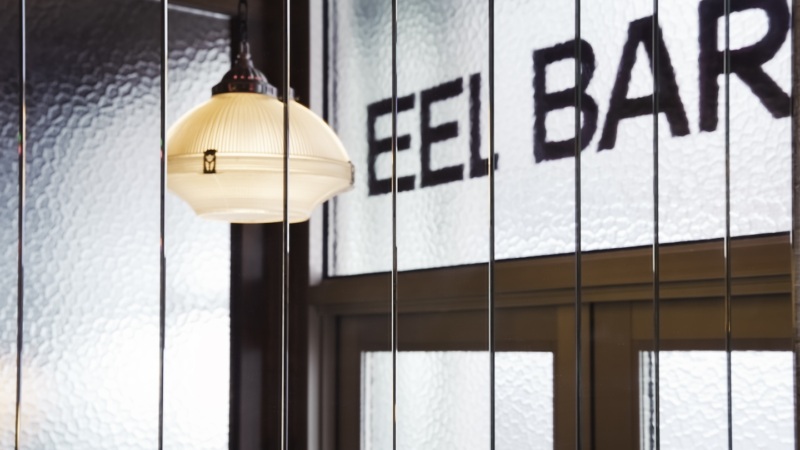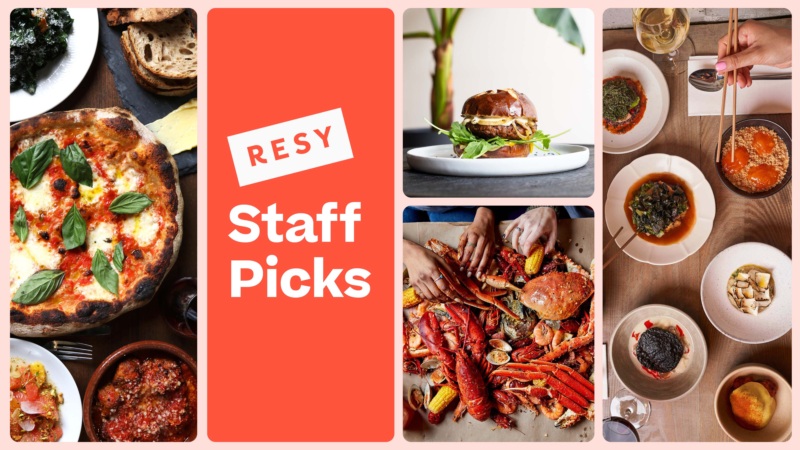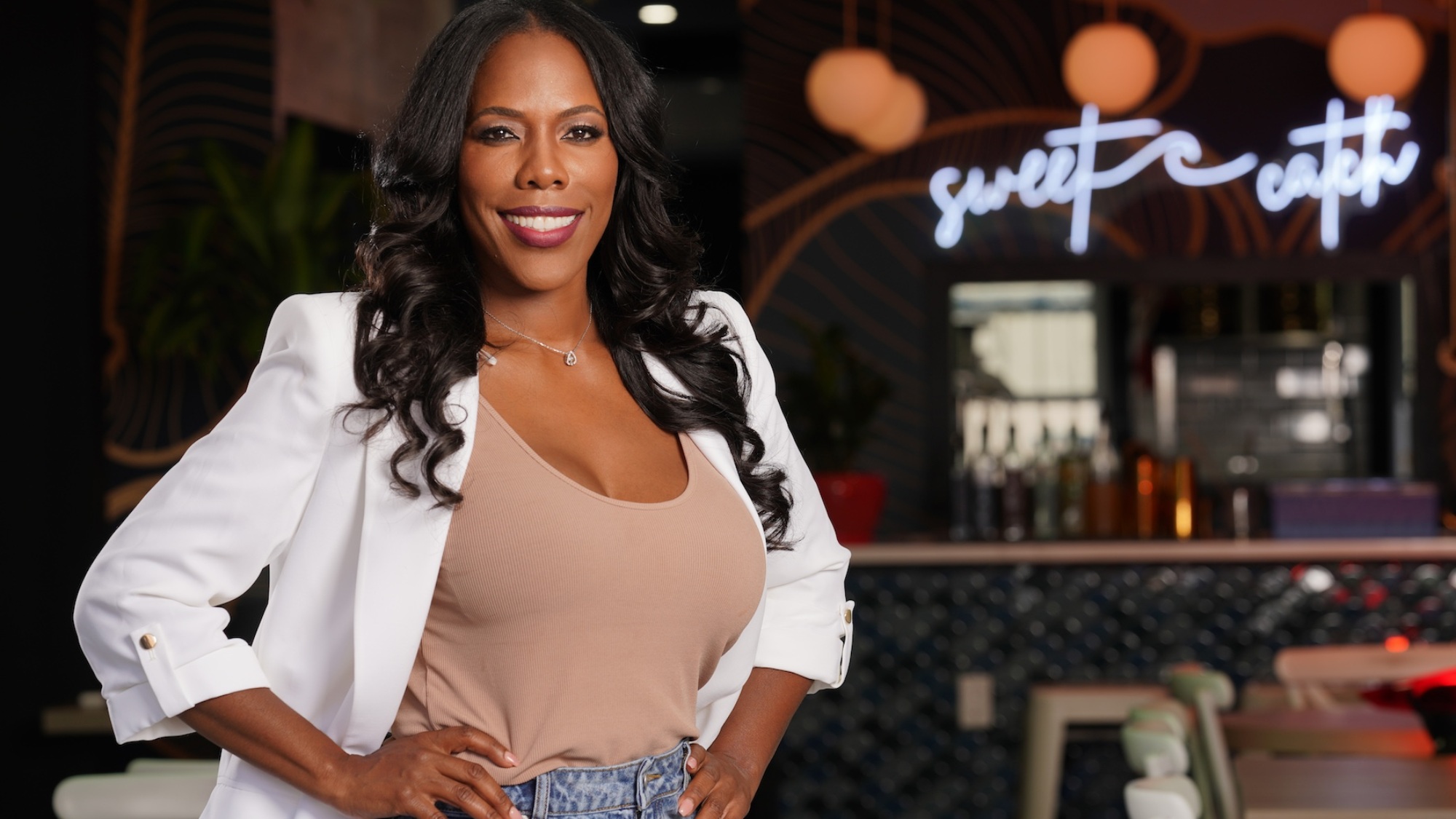
Meet the Restaurant Owner Guiding the Next Generation of Entrepreneurs
Ka-Wana Jefferson considers herself to be a serial entrepreneur. With a résumé that includes the owner of Crown Heights cocktail bar and grill, Sweet Brooklyn Bar, and a seafood eatery with soul in Little Caribbean, Sweet Catch Brooklyn, plus co-owner of Yonkers-based ice cream shop, Lost Borough Ice Cream, we’d have to agree. However, the New York native will also be the first person to tell you that being an entrepreneur calls for more than just passion and drive. Being an entrepreneur requires business acumen, from writing a business plan to raising capital. And as a Black woman, Jefferson recognizes the additional barriers to access faced by Black women and women of color.
To help bridge the gap, Jefferson hosts Sweet Success, a panel discussion and dinner series tailored toward aspiring entrepreneurs. Held at Sweet Catch Brooklyn, the monthly event empowers women of color to succeed at any stage of their business. Resy recently sat down with Jefferson to talk about her serial entrepreneur status, navigating the industry as a woman of color, and how Sweet Success can inspire the next generation of up-and-coming talent.
Resy: You own Sweet Brooklyn Bar and Sweet Catch Brooklyn and are the co-owner of Lost Borough Ice Cream. Did you always have an entrepreneurial spirit?
Ka-Wana Jefferson: I think everybody who knows me is not surprised. I’ve just always been really hard-working, which has to be a characteristic of being an entrepreneur. You work 100 times harder working for yourself.
Sweet Catch Brooklyn is an ode to Black America’s mastery of seafood. How did you come up with the concept?
I’m definitely a foodie, and love a good seafood boil experience. I would travel to a lot of seafood boils with friends, but there was almost never representation that looked like us. But predominantly, most of the clientèle did. It really allowed me to really look at the need for more representation in this area. Within the last 10 years, I started to tap into history, my culture, and Black history. I was excited to have a platform to share all of that information and ultimately share my culture.
Speaking of sharing your culture, at Sweet Catch Brooklyn, you also use social media channels to share history and the stories of instrumental Black figures with the tag #SeafoodMemoryMonday. Why is it important to use your business to tell these stories?
It’s my business; it’s my playground. It’s a platform that allows me the creative freedom to share what’s the most organic and natural to me. And that’s exactly what I’m doing. I thought it was important for me to utilize it for something that was more meaningful than just food on a plate.
You are also passionate about passing along your expertise. In March, you hosted your first Sweet Success event, a bimonthly panel and dinner series tailored toward women of color starting their own businesses. What inspired this event?
There’s definitely a need for knowledge and information. A lot of women ask me, “How did you do it? I want to do it. I want to have this business.” And I feel like I’m a perfect person to relate to. I don’t have a mega IQ, I didn’t have a lot of money, [and] I didn’t come from a family that was able to give me money to start a business. I think I have a story that’s relatable and that can motivate women to follow their passions.


According to Civil Eats, of the roughly 1 million restaurants in the country, only 8% are Black-owned, and only about 2,800 are owned by Black women. What are the most significant challenges women of color face when it comes to owning a restaurant?
Definitely resources. You need money to make money, and a lot of us do not have it. It is a huge hurdle to overcome when you are operating a business with limited resources. A lot of us do not have mentors to teach us how to run a business — the financial aspects of it, how to get started, and it’s just less exposure to know the fundamentals.
I also find that owning a Black-owned business, there’s not as much grace given. I think that’s because a lot of people don’t really understand what goes into it, so the expectation is perfection. I am a business owner, I’m there every day, and I am giving it 500%. But because of limited funds, short staff, and limited resources, things aren’t always as smooth as you would like them to be.
While Black women remained the fastest-growing group of entrepreneurs in 2023, according to Inc., numerous obstacles hinder economic mobility, including building capital and access to loans. What advice would you give to women of color regarding the business side of operations?
Don’t give up, do the work. You have to have a business plan. Again, I am someone who did not have a wealth of money. However, I did have a savings account that allowed me to obtain an SBA [Small Business Administration] loan. The [bank] does look at your credit score and your history. So just doing your part to make sure that you’re putting yourself in a position to obtain capital is really important. Also, utilize as many resources as you can and tap into whatever support there is out there for us.
What do you want participants to walk away with?
I was a part of the 10,000 Goldman Sachs Small Businesses program. And honestly, the most meaningful thing I got out of that program was the network and the relationships I was able to forge with like-minded individuals. I think this is an opportunity to get in the room with other phenomenal women and to connect with them and share resources. It’s a series, it’s not a one-and-done thing. As a community, we are trying to help you along various parts of your entrepreneurial journey.
How do you wish to empower the next group of women-owned and Black-owned businesses?
I’m living it every day. I know that I am empowering people just waking up every day, working hard to build a legacy, and building a brand that reflects culture and meaning. So, I definitely want to continue to do exactly that.
Sweet Catch Brooklyn’s next Sweet Success event will be held at the end of May. Follow their Instagram for more updates.
Morgan Carter is a food, lifestyle, and travel writer based in Brooklyn. Her work has been published in Eater, Food52, and the James Beard Foundation. Follow her on Instagram and X. Follow Resy, too.
Discover More
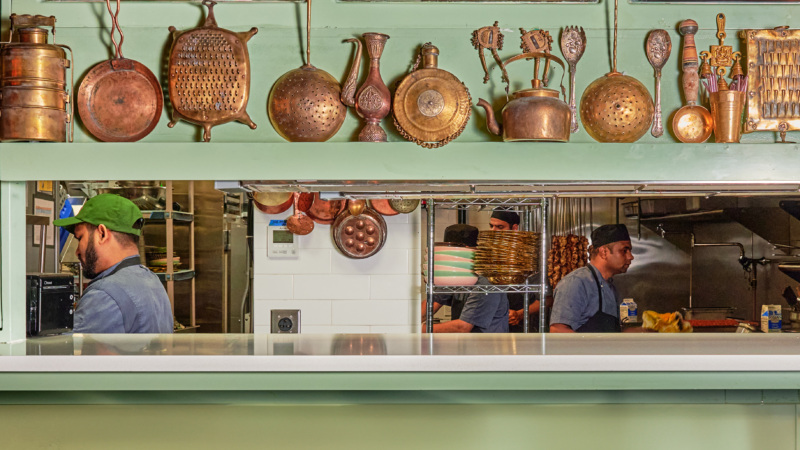
Stephen Satterfield's Corner Table



